Residency In Thailand
U.S. citizens may enter Thailand without a visa. They can remain in the country as a tourist for a maximum of 30 days. If you wish to stay longer than 30 days, you need a “long-stay tourist visa” in your passport before you leave the United States.
Visitors must use the visa within 90 days of issue and allows for a stay of 60 days. After arrival, you can renew your tourist visa twice (each time for an additional 30 days). To remain in Thailand longer than 90 days within a six-month period, you’ll require a valid Thai visa.
It used to be possible to stay indefinitely in the country with a tourist visa, making visa runs to a neighboring country every month or so. However, these laws changed a few years ago.
Now a foreigner who wants to live in Thailand long term needs a visa and Thailand actively polices visa overstays; if you overstay your visa, you will be subject to fines (accumulated daily) or detention.
Residency Visa Options In Thailand
Having the second-largest economy in Southeast Asia behind Indonesia, Thailand offers several residency visa options. Retirees typically want the nonimmigrant O-A (long-stay) visa.
To qualify, you must be age 50 or older at the time of application, have completed a satisfactory police records check, obtain a medical examination, present a certificate of health, and deposit 800,000 baht (currency conversion here) in a Thai bank for at least two months prior to making your application or be able to prove that you receive a pension of at least 65,000 baht per month.
As a practical matter, it is much easier to obtain a retirement visa in Thailand than it is to get, for example, the Malaysia My Second Home visa in Malaysia. The financial requirements are less in Thailand, too.
Residency in Thailand can lead to naturalization in this country, but there are several requirements, including renunciation of prior citizenship.
10-Year Non-Immigrant Visa
Citizens of the United States, Canada, Japan, Australia, Denmark, Finland, France, Germany, Italy, Netherlands, Norway, Switzerland, Sweden, Great Britain and Northern Ireland aged 50 and over can apply for this five-year visa, which is renewable for a further five years.
You can meet the income requirements in one of two ways:
The bank deposit must be kept for one year, after that amount to be kept may be reduced to 1,500,000 baht under certain conditions.
This visa does not entitle you to work, nor will it qualify you for permanent residency.
Dependents cannot be included in the application for this visa. Spouses and children must either qualify for this visa for themselves, or apply for the O-A long-stay visa explained below.
Thai Investor Visa
As of January 2018, Thailand made available a new type of investor visa targeting highly skilled professionals, entrepreneurs, and investors.
Eligible investors can choose to invest in one of 10 high-tech industries approved by the Board of Investment, including the next generation of auto production, high-income tourism and medical tourism, smart electronics, efficient agriculture and biotechnology, food innovation, robotics, aerospace, bio-energy and biochemical, digital, and health care.
Start-up investors will also be eligible for visas ranging from two to four years depending on the technologies in which they invest.
Medical personnel, researchers, and aviation engineers who apply to work in Eastern Economic Corridor projects (EEC) are also eligible for this visa, allowing them to work without applying for a work permit.
Successful applicants will be granted visas for two to four years depending on the industry in which they invest. Spouses and children may also be included in this visa at no additional cost. Holders of this visa only need to report to authorities annually as opposed to every 90 days.
Furthermore, the visa is set to allow its holders, their spouses and children to reside in Thailand without applying for a work permit. Moreover, they will only need to present themselves to the Immigration Bureau annually.
Since August 2017, a multiple-entry visa for British, Canadian, and U.S. citizens (among other nationalities) aged 50 and over has become available.
Requirements include making a bank deposit of just under US$90,000 in a Thai bank, or a combination of US$54,000 bank deposit and an annual income of no less than US$36,000. The bank deposit has to stay in the account in full for one year, after which the amount deposited may be reduced to US$45,000.
Click here for currency conversion at today’s exchange rate.







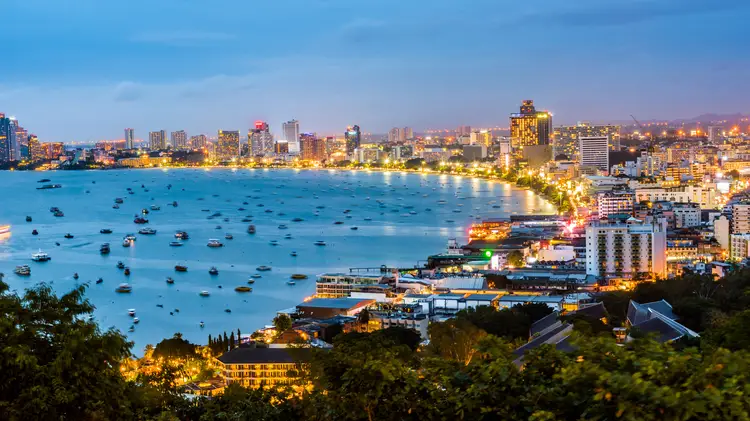

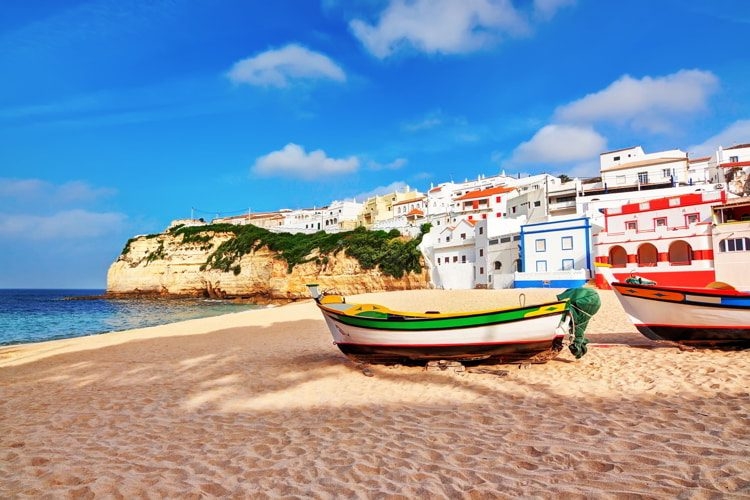 . '
. '
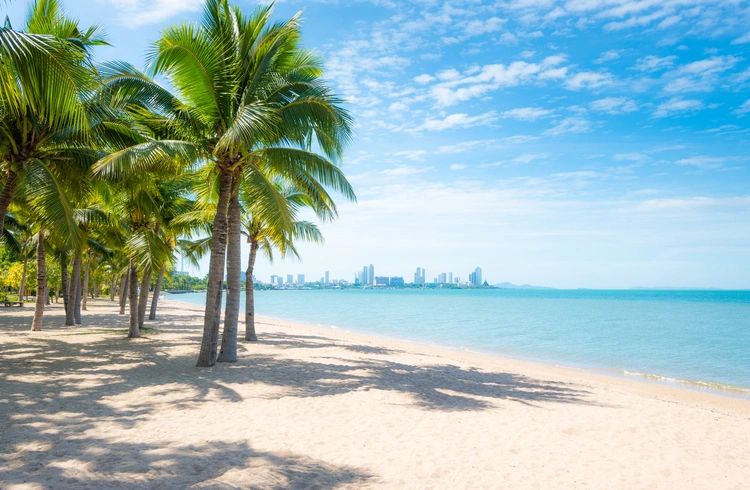 . '
. '
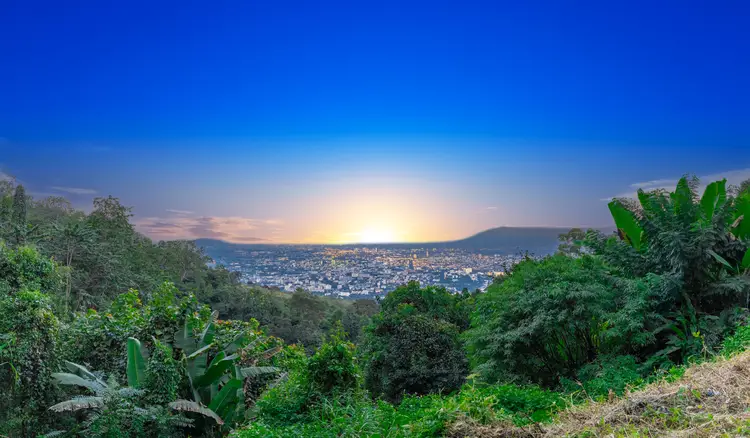 . '
. '
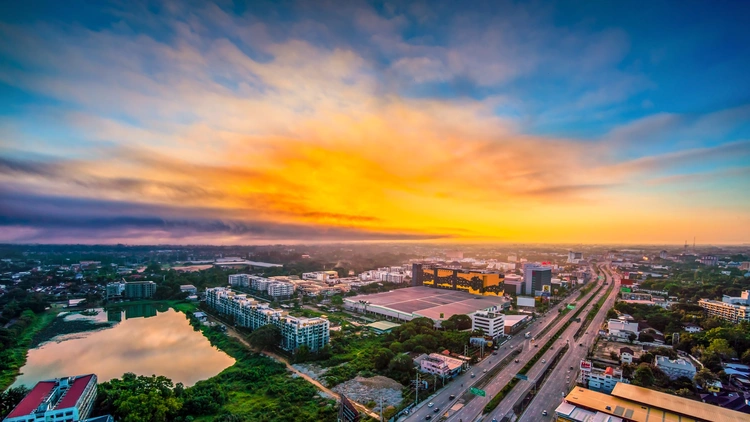 . '
. '
 . '
. '








